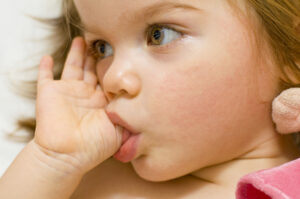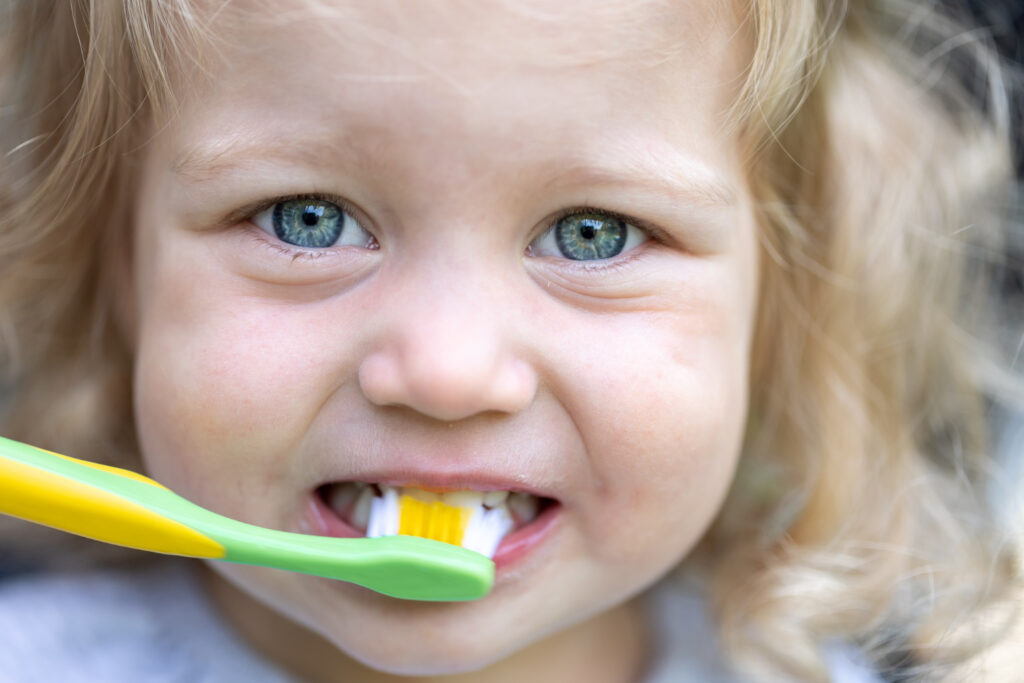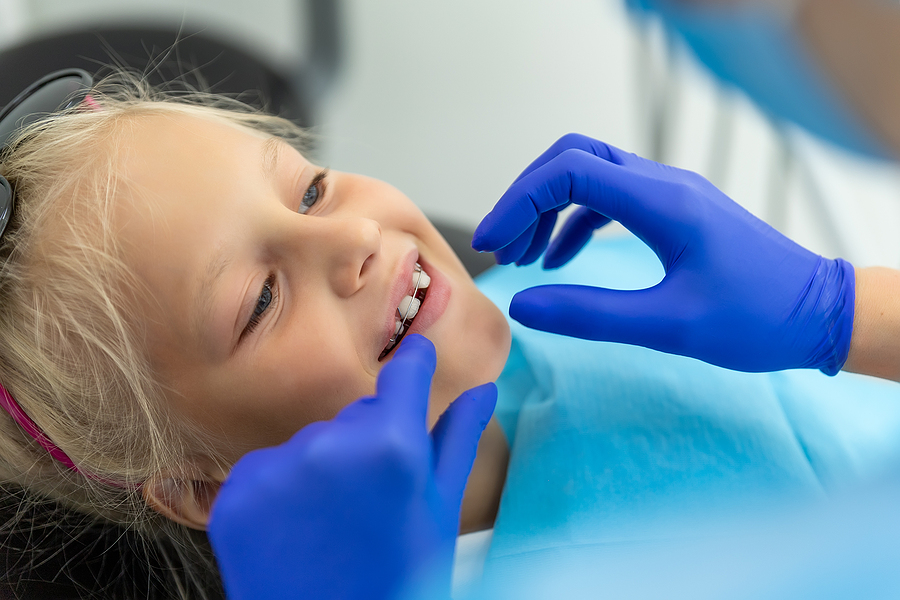When it comes to children’s oral habits, few topics generate as much interest and concern as thumb sucking. It’s a behavior observed in many children worldwide, but as they grow, the repercussions on dental health become a prominent concern. If you’ve ever found yourself wondering about the effects, causes, and overall nature of this habit, you’re in the right place.
Understanding Thumb Sucking in Kids
What is the cause of thumb sucking?
Thumb sucking is a natural reflex for infants. Many babies start this in the womb, and it’s a comforting mechanism:
- Self-soothing: Infants and young children use this habit as a way to comfort themselves during times of stress, boredom, or at bedtime.
- Hunger Indicator: In infants, this habit can be a sign of hunger, signaling it’s time for their next feed.
- Developmental Phase: For many children, thumb sucking is just a phase they go through, and they eventually outgrow it without any intervention.
What are the side effects of thumb sucking?
Sucking their thumb at first might appear to be an innocent habit, but prolonged indulgence can lead to various dental and oral issues:
- Misalignment of Teeth: Constant thumb sucking might cause the front teeth to protrude outwards, leading to “buck teeth” or an overbite. This can affect a child’s bite and the alignment of their teeth as they grow.
- Palatal Changes: Persistent sucking of their thumb or other fingers can alter the shape of the roof of the mouth, making it more sensitive or concave.
- Speech Issues: The aforementioned dental changes can sometimes result in speech impediments, including difficulty pronouncing certain letters or developing a lisp.
- Chapped Skin: Children who suck their thumbs may develop chapped or sore skin on their thumbs, which can lead to infections if not treated.
- Ingestion of Germs: This habit exposes children to various bacteria and germs, increasing the risk of illnesses.
Is thumb sucking good or bad?
Like many aspects of childhood development, thumb sucking isn’t strictly “good” or “bad.” It’s a natural reflex and can be beneficial for infants as it provides comfort. However, the problems arise when this habit persists beyond the toddler years.
For infants, sucking their thumb can act as a self-soothing mechanism. It helps them manage anxiety, understand their world, and even aids in falling asleep.
If this habit continues beyond the ages of 4-5, when permanent teeth start to grow, it can lead to dental and speech issues mentioned earlier.
How Thumb Sucking Affects Teeth and Dental Health
Development of the Dental Arch and Jaw
One of the more profound impacts of prolonged thumb sucking is on the shape and growth of the dental arch and jaw. When a child consistently places pressure from sucking their thumb, it can:
- Narrow the Arch: This can lead to crowding of the teeth as they emerge, resulting in a need for orthodontic intervention.
- Alter Jaw Position: Extended thumb sucking can lead to a modification in the position of the jawbone, influencing how the upper and lower teeth come together (occlusion).
Risk of Cavities
You might not associate sucking of the thumb directly with cavities, but there’s a connection:
- Transfer of Bacteria: Hands are often exposed to various surfaces, collecting germs and bacteria. When children suck their thumbs, they introduce these bacteria into their mouths, increasing the risk of cavities.
- Food Residue: If a child sucks their thumb after eating without washing their hands, they might introduce food particles into their mouth. This provides more fodder for cavity-causing bacteria.
Tips for Helping Your Child Stop This Habit
It’s essential for parents to approach the topic with sensitivity and understanding. Here are some gentle strategies to consider:
- Positive Reinforcement: Praise your child when they don’t suck their thumb, rather than scolding when they do.
- Use of Reminders: Consider placing a band-aid on their thumb or a sock on their hand at night as gentle reminders.
- Address Triggers: If your child sucks their thumb during specific times (e.g., when anxious or tired), try to address the root cause of their stress.
- Consult a Dentist: Sometimes, a brief chat with the dentist about the impacts on teeth can motivate older children.
- Use Dental Appliances: In persistent cases, orthodontic appliances can be used to prevent the child from sucking on their thumb.
When to Seek Professional Help
If you’ve tried multiple strategies and are still concerned, it might be time to seek professional advice. First, you can go to a pediatric dentist for guidance on the dental implications of this habit and potential interventions. If thumb sucking is tied to emotional or developmental concerns, a child psychologist can provide insights and coping mechanisms.
Why Consulting a Pediatric Dentist is Crucial for Thumb Sucking Concerns
Sucking their thumb in older children can raise dental concerns that shouldn’t be overlooked:
- Expert Insight: Pediatric dentists specialize in children’s oral health, providing accurate assessments of any effects of this habit.
- Early Action: They can recommend early interventions, helping prevent or rectify dental issues arising from the habit.
- Informative Guidance: A simple chat with a dentist can educate and often motivate a child to curb the habit.
- Peace of Mind: For parents, a visit ensures you’re taking proactive steps for your child’s dental health.
Take the Next Step with Floss & Gloss Kids Dentistry
Worried about your child’s habitual sucking of the thumb or other dental concerns? At Floss & Gloss Kids Dentistry in Shoreline, WA, we’re committed to ensuring every child achieves a bright, healthy smile.
🌟 Why Floss & Gloss Stands Out
- Specialized Pediatric Focus: Our dedicated team, exclusively concentrating on children’s dental health, ensures that your child’s unique needs are met with precision and care.
- Full-Service Offerings: From preventive check-ups, and specialized treatments like pulp therapy, to emergencies and more – we’ve got you covered.
- Safe, Fun & Judgment-Free Environment: Our staff aims to create a comfortable experience. We ensure that both parents and kids leave with a smile.
- Convenient Insurance Assistance: We’re networked with major dental plans, and our proactive team aids you with claims.
Don’t leave your child’s dental health to chance. Feel confident and amazing about their oral care journey. Book an appointment online or give us a call at 206-486-8068. Join the community of parents who trust and love Floss & Gloss for their children’s dental needs!








